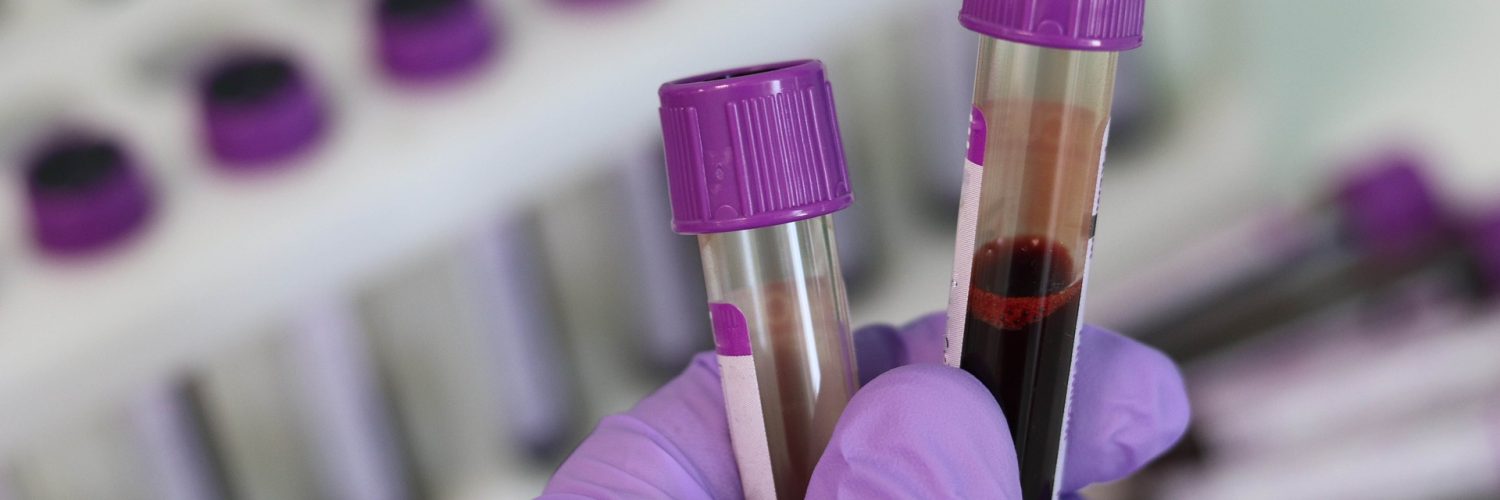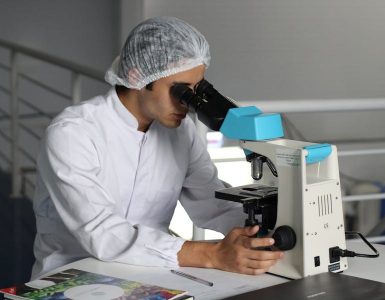By 2060, almost 30 percent of the population in the United States will be of Latin descent.
A cross border effort in Arizona is working to advance “genomic medicine” for Hispanics in the United States and Mexico. Genomic medicine uses genetic and molecular markers and cell therapy to detect and treat diseases.
Phoenix-based TGen President and Research Director Jeffrey Trent said Mexico’s population is particularly fascinating because of its varied ethnic diversity.
Mexico is the tenth most populated country in the world with 65 definable ethnic groups, said Trent, who was a keynote speaker at the 60th annual Arizona-Mexico Commission (AMC) Summit and plenary session in Phoenix last week.
“We really thought to ourselves the remarkable population in Mexico is unique genetically and we could help the country understand diseases and disorders that occur across different populations and ethnic groups,” said Trent, who spoke about the globalization of precision medicine.
The nonprofit research firm started working with researchers and scientists in Mexico in 2003 to map genomes of patients to find markers and treatments for life-altering diseases like cancer and rare childhood diseases in Latino populations.
As part of its mission, the AMC brings together CEOs, elected and government officials, trade representatives and other professionals to launch initiatives and projects to benefit communities in Arizona and Sonora through 16 different committees, including a health committee. The AMC Health Services Committee works to expand and improve the supply of public and private health care services, sale and distribution of medical equipment, emergency services, infrastructure, and medical research and development.
Global genomics advancing through collaboration
TGen and its affiliate, the City of Hope, of California, and the Institute for Genomic Medicine (INMEGEN) of the Mexican National Institutes of Health in Mexico City, are all working on projects to advance precision medicine in Mexico.
Among the cross border projects, researchers are working with patients in Hermosillo and other cities to diagnose rare childhood disorders, detect breast cancer genes, and find genetic markers for coronary heart disease in Mexican-Americans.
Researchers also are starting to focus on Alzheimer’s in Latin populations, Trent said.
Precision medicine to reach $140 billion by 2026
The collaborations offer hope for both medical and economic benefits on both sides of the border as the global genomics industry takes off, Trent said.
Advanced analysis of genetic data combined with artificial intelligence, hospital medical records and other data are moving the science forward at a fast clip.
With a growing repository of personalized data at the molecular level, molecular-diagnostics companies are uniquely positioned for projected global market expansion, according to the McKinsey & Company, an American worldwide management consulting firm that conducts qualitative and quantitative analysis to evaluate management decisions across public and private sectors.
The global market for personalized medicine has grown rapidly since the inception of the Precision Medicine Initiative in 2015. Market research estimates the market will triple by 2026, reaching $140 billion, McKinsey reports.
Nonprofit TGen economic force for region
TGen’s economic impact in Arizona is mirroring the trend. It has four locations in Arizona, employs more than 300 employees, and collaborates with 447 academic, medical and industry partners worldwide in 28 countries and U.S. territories.
Affiliate City of Hope, which operates cancer research and treatment centers in California, is planning to expand its cell therapy manufacturing operations to the Phoenix metropolitan area to meet new demand.
Meanwhile, TGen breakthroughs are resulting in spinoff businesses. In Arizona, its total annual economic impact has climbed steadily year after year, reaching $174 million in 2016, according to an economic impact report.
The report, “Promised Economic Benefits: Positive Economic Benefits of TGen on the State of Arizona,” shows that TGen provides a rate of return in the form of direct economic impact of $46.50 for every dollar invested by the state.
















Add comment